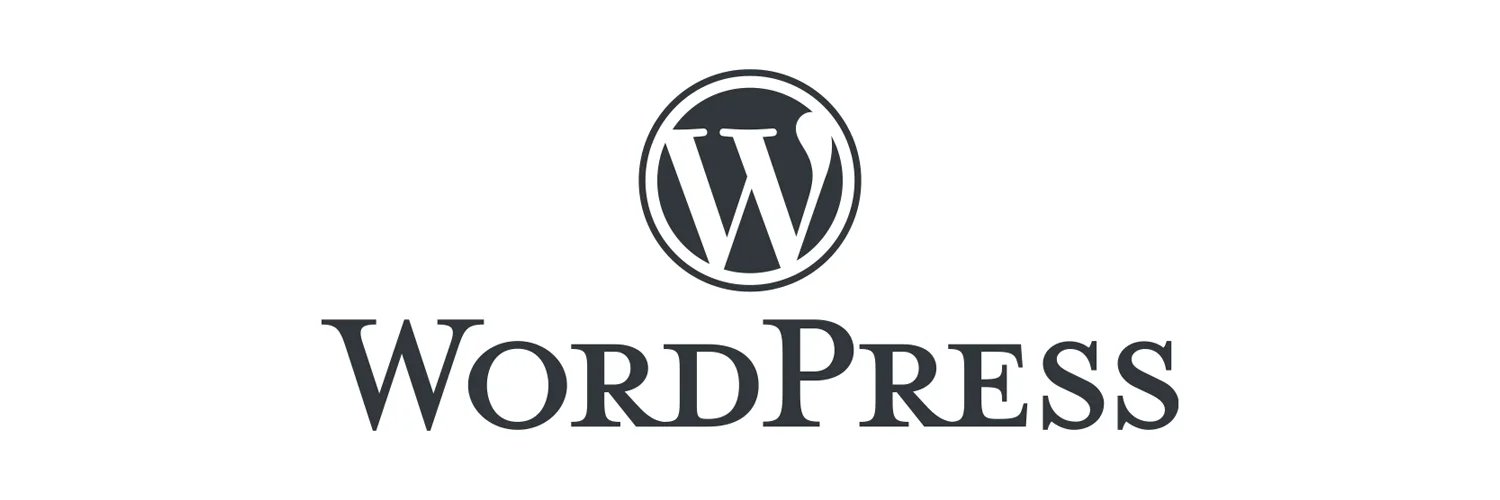
What’s WordPress?
WordPress is the most widely used CMS (Content Management System) in the world. As of 2024, it is used by 43% of all websites on the web, by approximately 70 million people! Impressive, isn’t it? How can a single system be used by so many people and institutions around the world?
The main reason is that WordPress is free and open-source. Automattic, the company that created WordPress in 2003, adopted a business strategy focused on selling services rather than the product itself. This strategy is a consequence of the company’s belief in Open Source software and its desire to make the web a better and more democratic place by making it easier for anyone to publish their stories. This has led to WordPress receiving contributions and feedback from thousands of people worldwide, allowing the system to evolve constantly and adapt to users’ needs.
Other reasons for its growth today include:
- A large number of themes with different designs and structures;
- Around 59,000 plugins offering various functionalities, such as online stores, contact forms, forums, and photo galleries;
- Active communities in various countries promoting events. Here in Brazil, there are organized groups in several cities;
- Ease of use.
WordPress is truly easy to use and accessible, and since its focus has always been on enabling people to publish content, professionals from various fields have started using and becoming interested in it. Journalists, developers, designers, artists, writers, politicians, and companies of all sizes use the platform. Today, websites of major institutions, such as the White House, USP, and SENAC-RJ, are developed with WordPress.
There are no limits to what WordPress can do: different types of approaches and sites can be utilized. You can create a site without typing a single line of code. However, some cases require web development professionals to customize the site to fit your needs. Certain functionalities inevitably require programming or customization that a layperson in web development may not have the necessary knowledge to do.
I hope this has sparked your curiosity 🙂
Stay tuned to our blog and our social media for more content. See you next week!
*last updated on September 2, 2024